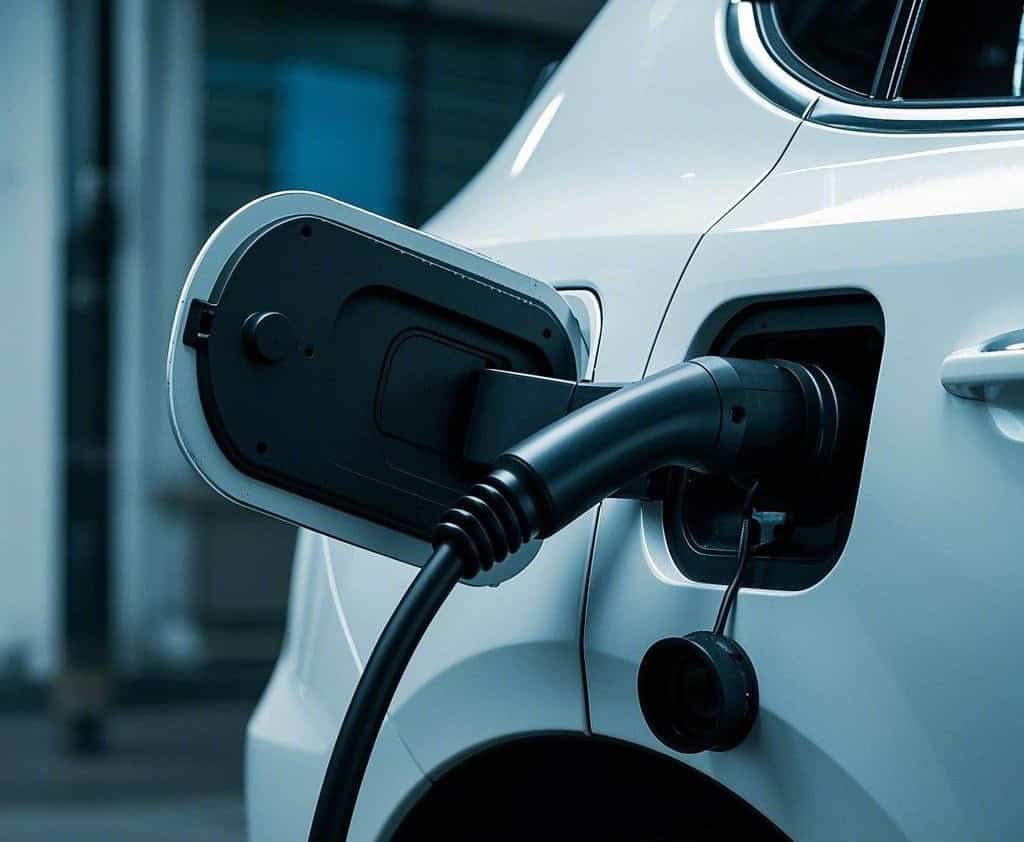Lucknow, May 27, 2025 — Uttar Pradesh has taken a significant step towards sustainable transportation and renewable energy by inaugurating its first solar-powered electric vehicle (EV) charging station. This landmark development aligns with the state’s ambitious target of achieving 22,000 megawatts (MW) of solar power capacity by 2030, reinforcing its commitment to green energy and clean mobility.
The newly commissioned solar EV charging station symbolizes Uttar Pradesh’s strategic push to integrate renewable energy sources with the rapidly growing electric mobility ecosystem. By harnessing solar power, the facility aims to provide a clean and cost-effective charging solution, reducing dependency on conventional fossil-fuel-based electricity.
This initiative is part of Uttar Pradesh’s broader vision to accelerate the adoption of electric vehicles while simultaneously expanding its renewable energy infrastructure. The government’s aggressive target to achieve 22,000 MW of solar capacity by 2030 is set to position the state as a leader in India’s energy transition and climate action efforts.
Officials highlighted that the solar-powered charging station not only supports eco-friendly transportation but also addresses one of the major barriers to EV adoption — access to reliable and affordable charging infrastructure. The integration of solar energy reduces operational costs and carbon emissions, making electric vehicles more attractive to consumers.
Uttar Pradesh’s solar capacity expansion plans encompass large-scale solar parks, rooftop solar installations, and innovative hybrid energy solutions like this solar EV charging station. The state government is actively collaborating with private sector players and financial institutions to expedite renewable energy projects and EV infrastructure development.
The launch of the solar EV charging station is expected to spur further investments in green technologies and encourage both manufacturers and consumers to embrace electric mobility. This move is particularly crucial as India aims to reduce greenhouse gas emissions and meet its commitments under the Paris Agreement.
Industry experts applaud Uttar Pradesh’s forward-thinking approach, noting that combining solar power with EV infrastructure is a critical step toward achieving sustainable urban transport and energy security. This model can serve as a benchmark for other Indian states aspiring to promote clean energy and electrification of transport.
In conclusion, Uttar Pradesh’s inauguration of its first solar EV charging station marks a milestone in the state’s renewable energy journey. With a clear focus on scaling up solar capacity to 22,000 MW by 2030, the state is paving the way for a cleaner, greener future where electric vehicles and solar power work hand in hand to reduce pollution and foster sustainable development.



